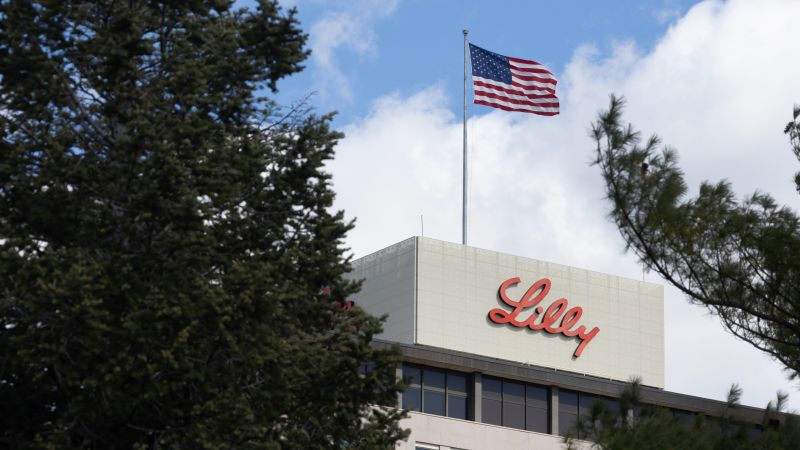
FDA approves donanemab, Eli Lilly’s treatment for early Alzheimer’s disease
CNN
The US Food and Drug Administration on Tuesday approved donanemab, a monoclonal antibody designed to slow the progression of early symptomatic Alzheimer’s disease.
The US Food and Drug Administration on Tuesday approved donanemab, a monoclonal antibody designed to slow the progression of early symptomatic Alzheimer’s disease. Donanemab, made by Indianapolis-based Eli Lilly, works by helping the body remove amyloid plaque buildup in the brain, a hallmark of Alzheimer’s disease. Lilly said it will be sold under the name Kisunla and would cost $695 per vial before insurance, what would amount to $12,522 for a six-month course or about $32,000 for a year, depending on when the patient would complete their treatment. Donanemab is not a cure, but clinical trials showed that it slowed the progression of Alzheimer’s, allowing the patient to live an independent life for longer and safely participate in everyday activities. Lilly told a committee of FDA advisers in June that late-stage clinical research data showed “highly meaningful results” for patients who took donanemab, with about 35% lower risk of progression of the disease over a year and a half compared with patients who got a placebo. The FDA advisers voted that the treatment appeared safe and effective. While rare, there were some serious adverse events during the drug trial, Lilly told the committee, occurring in only 2% of patients. The patients who took the donanemab had a slightly higher mortality rate — 2%, compared with 1.7% in the placebo arm of the trial.

The US Centers for Disease Control and Prevention has been tracking abortion trends for decades, but this year’s report — including some of the earliest federal data reflecting the effect of significant changes to abortion access nationwide – has been pushed back until spring amid turmoil at the federal agency.












